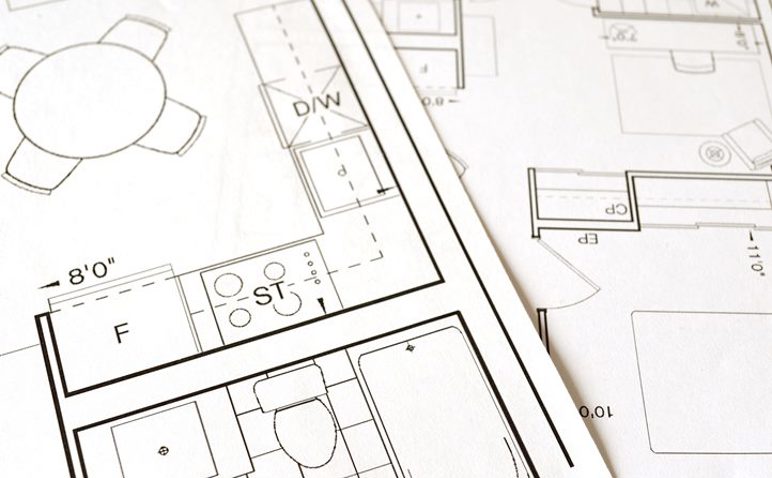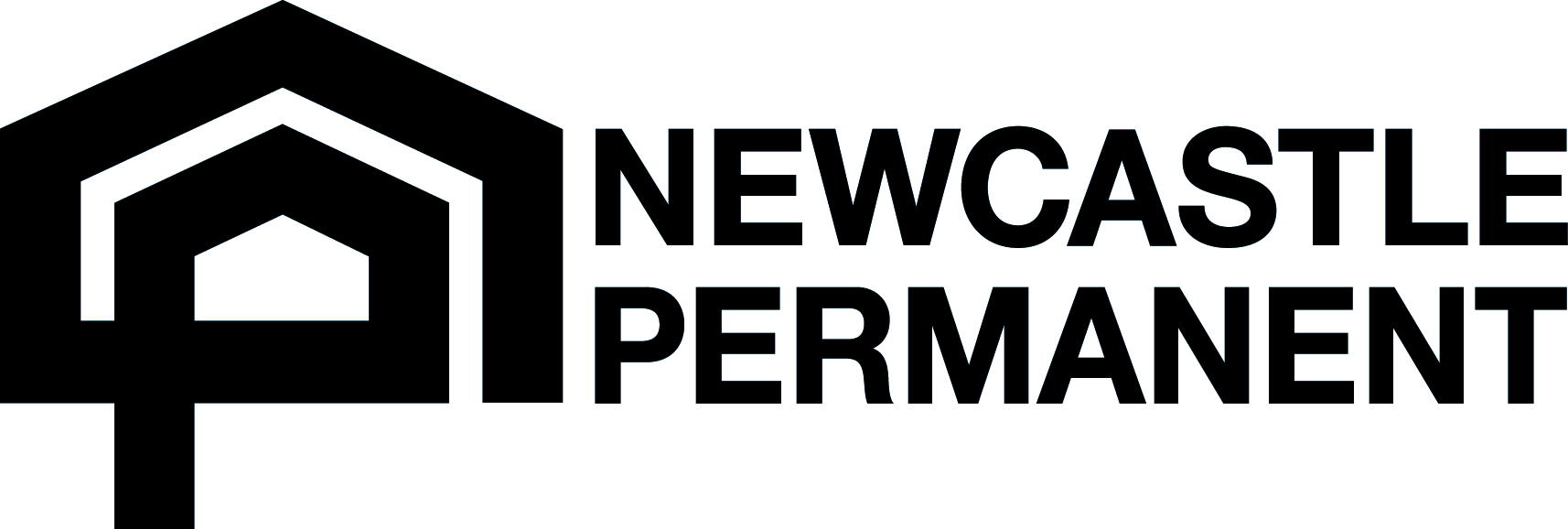
Construction Loans
Construction Loans
A construction loan is suitable for many buyers and home owners who intend the complete renovations, do a knock down and rebuild or who have purchased vacant land and need to construct a brand new home.
If applying for a construction loan, there are a handful of considerations to be aware of:
- Will it be cosmetic, structural or a new build?
- Who will complete and manage the work (owner or builder)?
- Will the project require council approval?
- What insurance will cover the work to be completed?
- What is the approximate budget and where is the money coming from (savings or equity)?
Cosmetic, structural or new build!
If the construction loan is for renovations on an existing property, consider if it will be cosmetic or structural. If structural, it’s very likely that council approval will be required! So do your research and understand what the council requirements are before progressing to the loan application stage.
Cosmetic renovations include things such as painting, upgrading a kitchen or bathroom, landscaping and generally anything which does not require council approval.
Structural renovations relate to installing or removing a wall, extensions or patios and will likely require architectural plans and council approval.
If you plan to do a knock down and rebuild or building on vacant land, then you’ll need council approval, building plans, site plans, and potentially a handful of other certificates or plans before proceeding (i.e. soil sampling, sewage plans, water).
Owner or builder development?
If the plan is to manage the work yourself, then you absolutely need to speak with a mortgage broker before progressing any further. Currently (May 2019) there are not a lot of lenders who will accept an owner builder application for structural works. There is too much risk associated, especially if the owner is inexperienced in renovating or developing a property.
Even if the owner is a builder, there are limited lenders who will finance a construction loan, especially if mid-construction.
If a builder is being engaged and a fixed price contract is the plan, lender options are better as this type of development has less risk associated. Due to the contract being in place, it is expected that the build will be completed in an approximate time frame, it is less likely that the costs will increase and a payment plan is in place as each stage is completed.
Construction Loan Documentation
When applying for a construction loan to cover the costs of a renovation or development, the lender will require certain documentation. Some of the documentation you may be required to submit includes quotes or fixed price contract, council approval, builder insurance (public liability and home owners warranty insurance), builder licence, payment plan and development plans.
Most importantly, if engaging a builder and there is a commencement date planned, ensure the application is submitted well in advance. Generally, the owner will have to cover the first 20% of the building costs however when the first drawn down on the construction loan is due, the finance needs to be in place so the builders invoice and be approved. It can be an unpleasant experience having to wait for the lender to release a payment while the builder is threatening to move onto the next project.
Financing the project
Extracting equity is one way to finance a project, resulting in the owner not having to use personal cash. If using equity is the plan, speak with a mortgage broker to gain an understanding of what may be required for the planned project. We have a short article on extracting equity if this concept is new to you.
It is also worthwhile to discuss with your mortgage broker if personal funds will be required at all. For example, if the development is for a new build, the lender will likely require the owner to cover 20% of the initial costs before funds are released.
Generally, the funds for a construction loan will be released as and when needed, not all at once. This means you only pay the interest on the loan balance or the amount that has been released. More so, most lenders allow interest only payments during the construction phase which reduces the financial impact during construction.
There are generally six stages involved when building a property, which can give you an idea of when the funds will be needed during the project. These include:
- Deposit – required at the time that the building contract is signed and is your authority to proceed.
- Pouring the slab – generally this is when the site has been cut, plumbing laid out and concrete has been poured for the foundation of the property.
- Frame – when the frame work has been completed for the walls.
- Lock-up – when such as brickwork, roofing, windows, doors and electrical fittings completed, allowing the property “locked up” for security purposes.
- Finishing – these include the interior items such things as the cabinets, benches, tiling, kitchen, showers, bathrooms and lighting
- Completion – at the completion stage the property is ready to be certified, an occupation certificate issues and the keys are handed over to the owners.
It is not uncommon for larger scale constructions to have more stages embedded along the way.
Property Valuation
In most cases, before the build commences, a property valuation will be required. The valuer will look at the proposed plans and determine what the "as complete" value will be.
In some cases, the lender will look at the existing land value, plus the build contract price, then allow up to 90% of the combined total for finance.
In either case, it's essential for budgeting to understand how the lender will value the property for the finance application so you can budget appropriately for the build.
If you would like to speak with one of our mortgage brokers about your construction plans, please contact us as we’d be more than happy to assist.

















